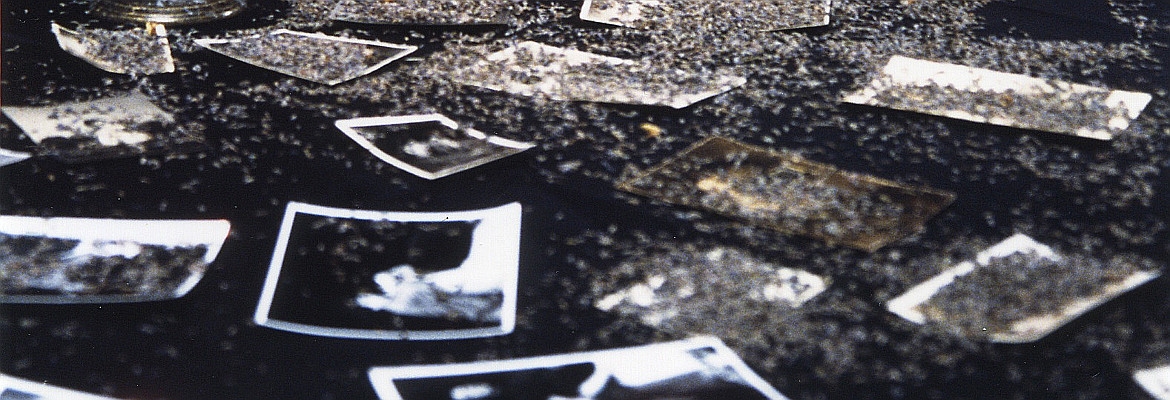Cupid and Psyche
a tale for two spectators
with Diana Ferrantini, Alessio Papa, Fiorella Tommasini and Chiara Elisa Rossini
music and direction Massimo Munaro
For many years now, our group has undertaken an original theatrical research, characterized by the dramatic and sensorial involvement of the spectators. On the one hand, this investigation is a reflection on the typical status of theatricality, whose origin of sacral event, where stands its necessity, re-places at the centre the possible redefinition of the actors-spectators’ relationship; on the other hand, this investigation searches into the profound archetypal movements that are inevitably created by mythical figures. Our life always seems to follow mythical figures. We act, see, think, feel only as is allowed by the primary models constituted in the imaginal world: our psychological life is mimetic of the myths.
From this point of view, each theatrical work made by Teatro del Lemming proposes for actors and spectators the possibility of a deep and radical encounter with some, exemplary, mythical figures.
Sensory involvement is the main road of this research. The sense/the senses of the body. In this type of experimentation, the body isn't a prothesis of the mind, but is fullness, is something naked that permits the nakedness of the aim and the truth of the encounter with other aims and other bodies. Here theatre requires its role as the place of the encounter, of relationship, requires is necessity of being an event, an experience that before being cognitive is properly existential and organic.
The work on CUPID AND PSYCHE continues on the path opened by our previous works dedicated to the figures of EDIPUS and DIONYSUS and represents an ideal continuation. For example, in DIONYSUS the relationship between actors and spectators became mimetic of those relationships (always more frequent in nowadays society) that are established under the sign of opposition and non-recognition.
In CUPID AND PSYCHE the suggested movement goes exactly in the opposite direction. Here the seduction is acted out for love and finally leads to a conjunction: conjunction of soul and body, of one ego with the other, of actor and spectator. In this way the duality leads to sharing, to the fusion with the other.
Besides, the Myth tells us that this union is anything but easy. The vicissitudes of Psyche are terrible and sometimes they seem to be able to completely devastate her: but they are just the necessary path to her final union with Eros. The world appears rather than like a vain valley of tears, like the “valley of soul making” (Keats). At the end of their path, that sometimes is frightening and painful, the two spectators, together with the actors, will meet again. Symbolically, this union is composed by a sort of multiplication of levels: meeting of the spectator with himself, with the actor, with the other spectator, with the space and the world that hosts them. Since, to quote Jung, "the soul can not exist without its other part, which is always in a YOU".


